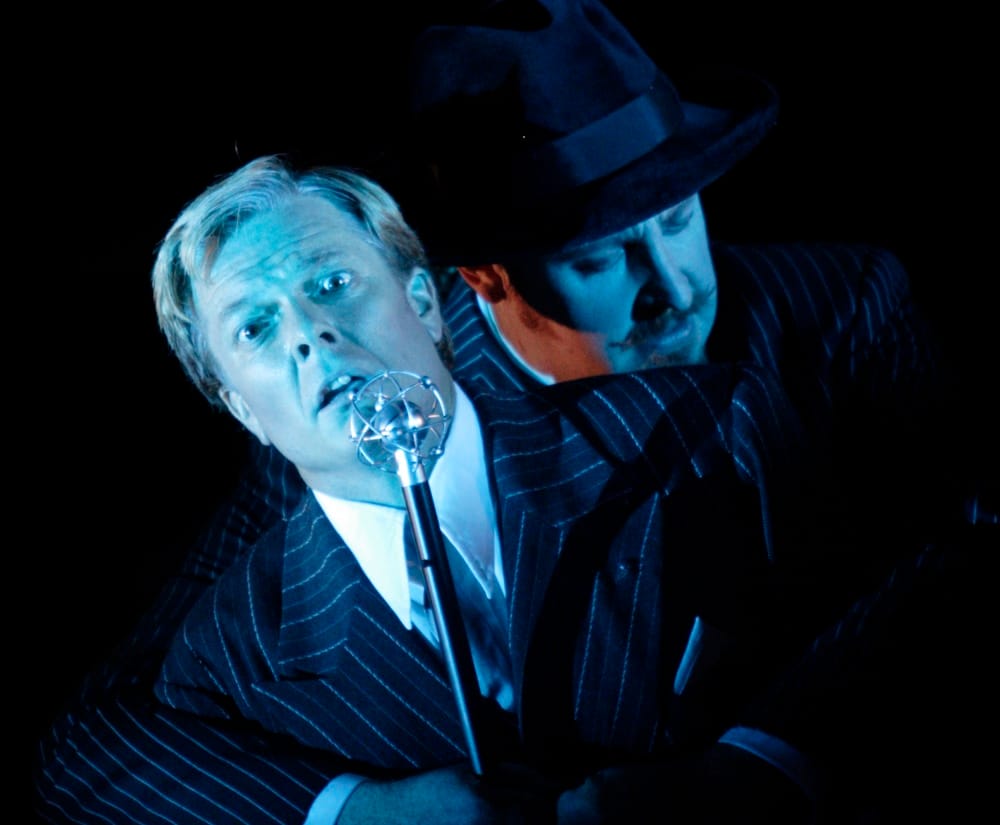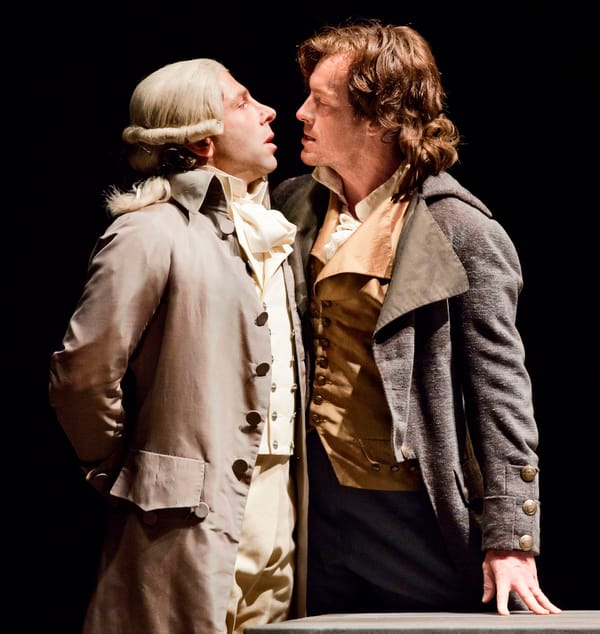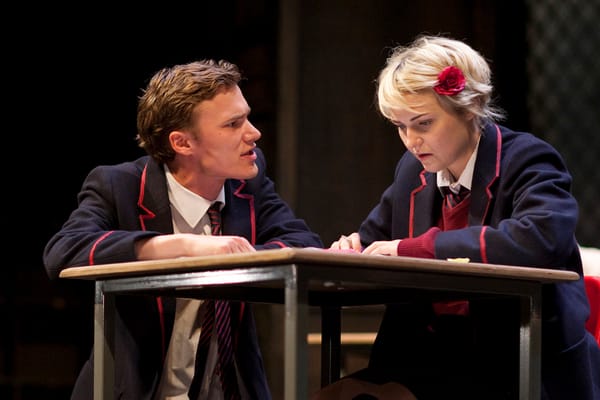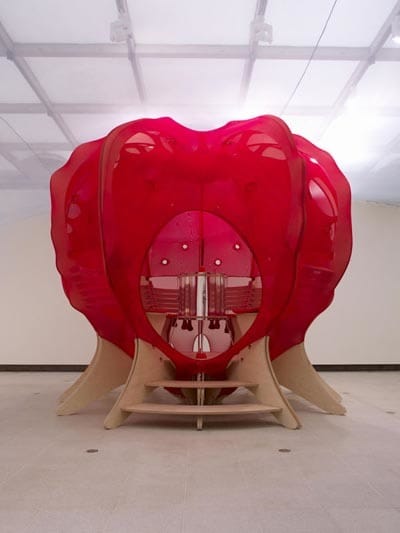The ENO's new season kicks off with a new version of Gounod's Faust
Caz Knight is lured by the legendary Faust to the opera for the first time but is disappointed.

One expects one's first trip to the opera to dazzle. Or one expects to be overwhelmed by its cultural gravitas and highbrow nature. Naively thinking that opera would be free from the gimmicks and glitz of musical theatre, this reviewer's first foray into opera left a lot to be desired. Staged in the opulent and spectacular London Coliseum, the English National Opera have teamed up with the Metropolitan Opera, New York, to create Gounod's Faust and begin the ENO's new season 2010/11.
The legend of Faust – in which its protagonist eschews religion for science – sees him damned because he has sold his soul to the devil to fraudulently obtain superhuman power and knowledge. He gets the girl and his youth, but all ends in tragedy as the woman that Mephistopheles (the devil) has created for Faust's pleasure eventually kills her mother and their baby. Faust ends up in hell to serve Satan as their contract dictates while baby-killer Marguerite is saved.
The contrast between science's capacity to achieve invaluable good and the ability of man to use science to bring about devastation makes the legend of Faust seem very topical in this age of cloning and biological and nuclear warfare. But the legend's age demonstrates how the latest technology has always elicited fear and skepticism. The Faust concept is millennia-old but it was not until 1808 that Part I of Goethe's dramatic poem (on which this production is loosely based) was published.
First staged in 1859, the music score was composed by Gounod and Bizet, the libretto written by Carré and Barbier and heavily influenced by Carré's play Faust et Marguerite. Marguerite's plight is the focus of Gounod's Faust, the man himself, played by Toby Spence, taking a very much secondary role to Melody Moore's Marguerite. Indeed, in Germany Gounod's version is called Margarete so as not to misguide anyone into thinking that this version stays true to Goethe's original.
Given the significance of Goethe's Faust to (German) literature, one hopes for an opera of similar weight. Director Des McAnuff has predominantly worked on Broadway musicals and this is evident upon watching this ENO production. The Coliseum's expansive stage is used impressively, with stage direction, lighting, effects and stunning choreography on a grand scale. The action flows seamlessly especially given the size of the chorus and multitude of prop changes.
Conceived by Carré as a comic opera, Iain Paterson's Mephistopheles - sporting a pony tail, hat and pimp attire – fulfils the role perfectly as the sardonic Satan. One was left feeling unsure about how Toby Spence performed given his relative lack of impact and involvement compared to the lead role of Marguerite and the witty Mephistopheles.
What begins as something light, fluffy and apparently vapid becomes darker, more tortured and intense as the climax of the tale is reached: exactly what one came to the opera for. The orchestra, led by Conductor Edward Gardner, creates and maintains a wonderful atmosphere throughout the three-hour duration but the grandeur of the orchestral sound is an odd and unfamiliar contrast to the musical theatre aesthetic created by the visual dimension of the production. The fact that Faust has been translated from the French into English renders the opera slightly more mundane when one can understand the lyrics.
In 2011, Monty Python's Terry Gilliam directs Berlioz's _The Damnation of Faust _for the ENO and one hopes that this next production will be more satisfying.







